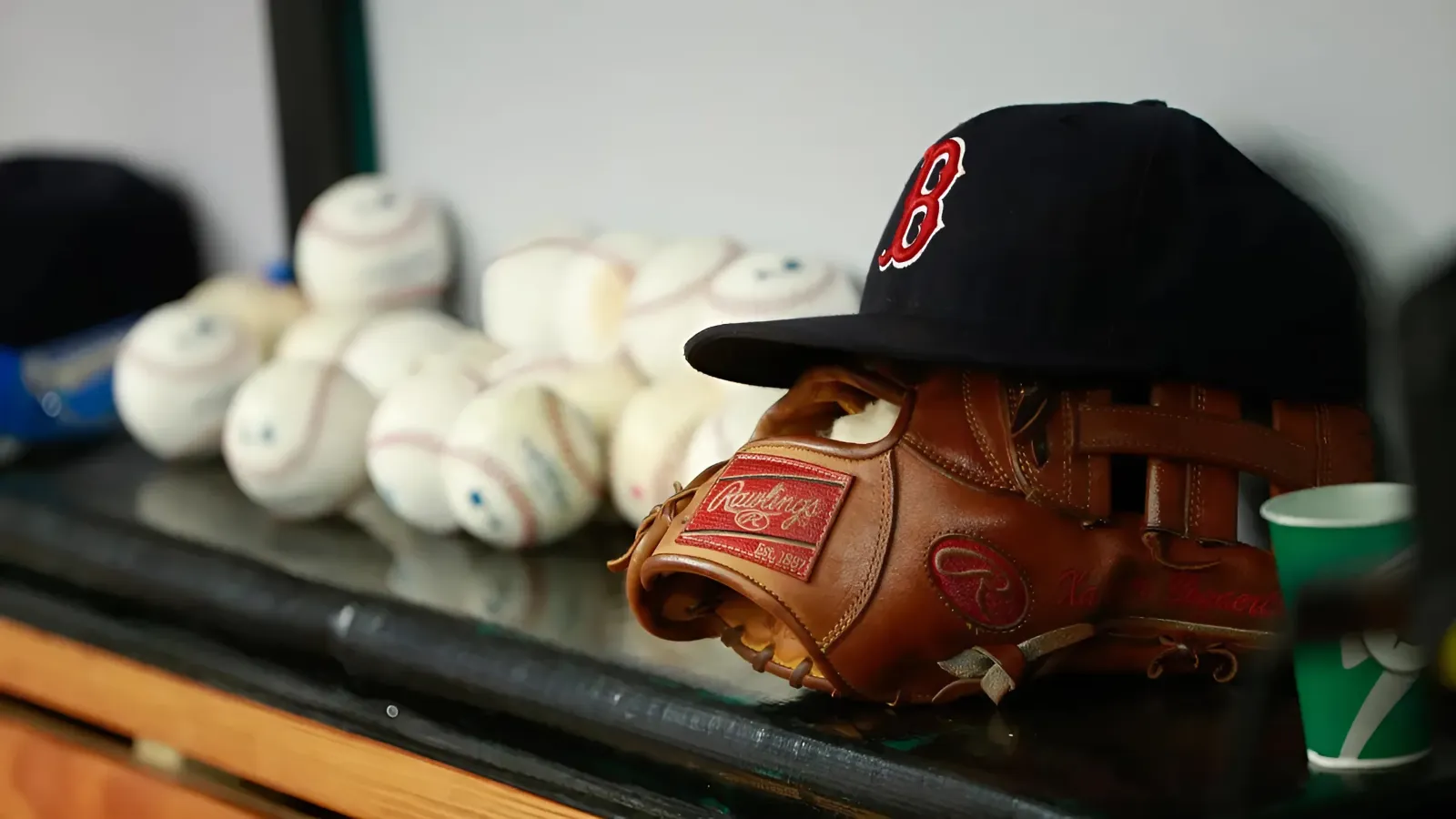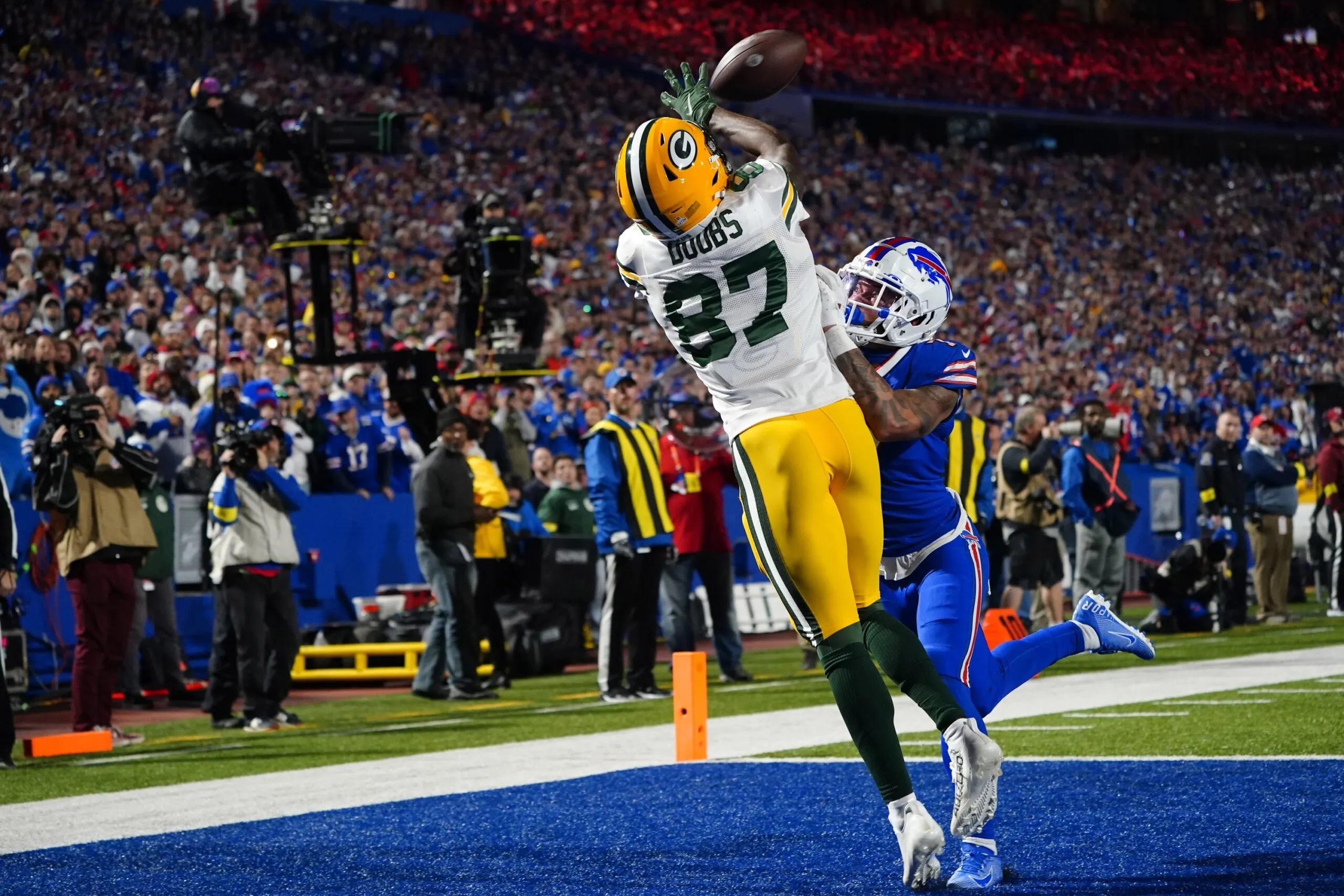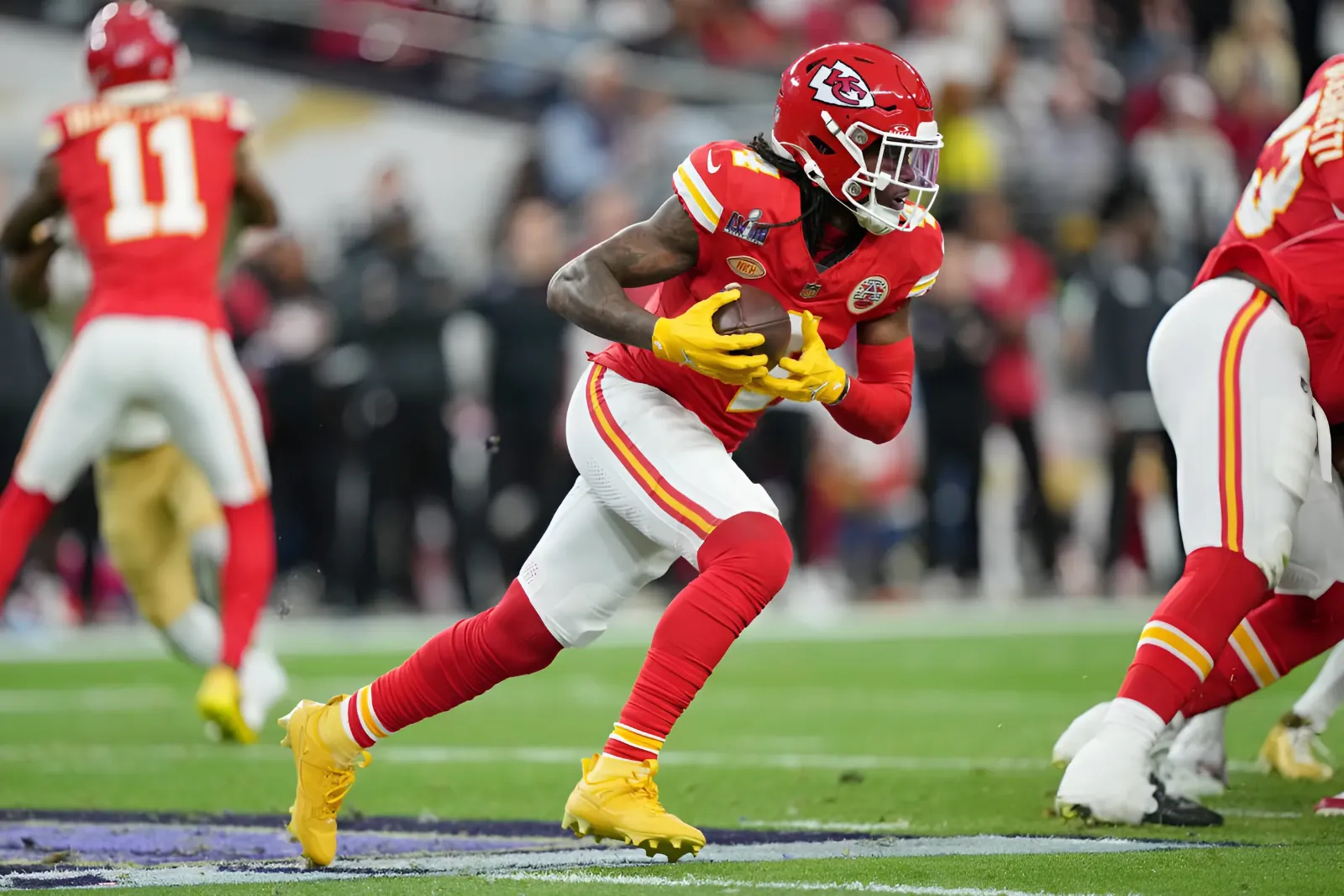Former MLB player and legend for multiple teams in Reggie Jackson spoke about the racism he experienced when playing in the minor leagues in Birmingham, Alabama. The same city and state was the sight of the recent showcase the league honored with the history of the Negro Leagues and even when the color barrier was broken, baseball was played under heavily racist Jim Crow laws as Jackson spoke about his memories.
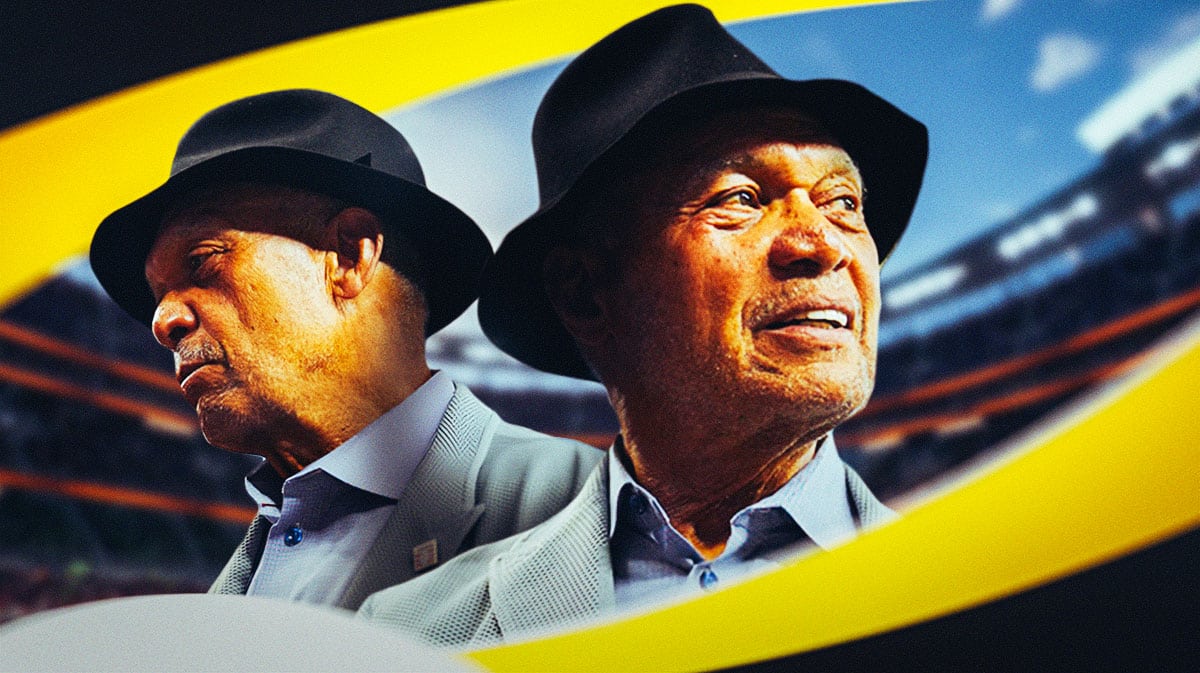
Jackson started playing baseball in the majors in 1967, but experienced the brunt of the aforementioned Jim Crow laws during his time in the minor leagues. He also was playing in Birmingham, Alabama where the game at Rickwood Field took place in as according to USA Today's Bob Nightengale, he was asked during an open forum if his experience during that era made him stronger.
“I paused for 30 seconds,” Jackson said to USA Today. “And I said, ‘Sir, I would never want to do that again. I wouldn’t ask anyone else to do it again. I don’t want anyone to think that because I went through that, it made me a better person. It did not make me a better person.'”
“Humans are not built for that,” Jackson continued. “You don’t put a human being in a situation like that and think they’re better for it. I wouldn’t want a white person in a prejudiced community, to go through that, frightening their life to make him better, I wouldn’t want a Black person to go through that, I wouldn’t want a Native American to go through that. I wouldn’t want a member of the LGBTQ community to go through that.”
Reggie Jackson talks about coming back to Birmingham, Alabama
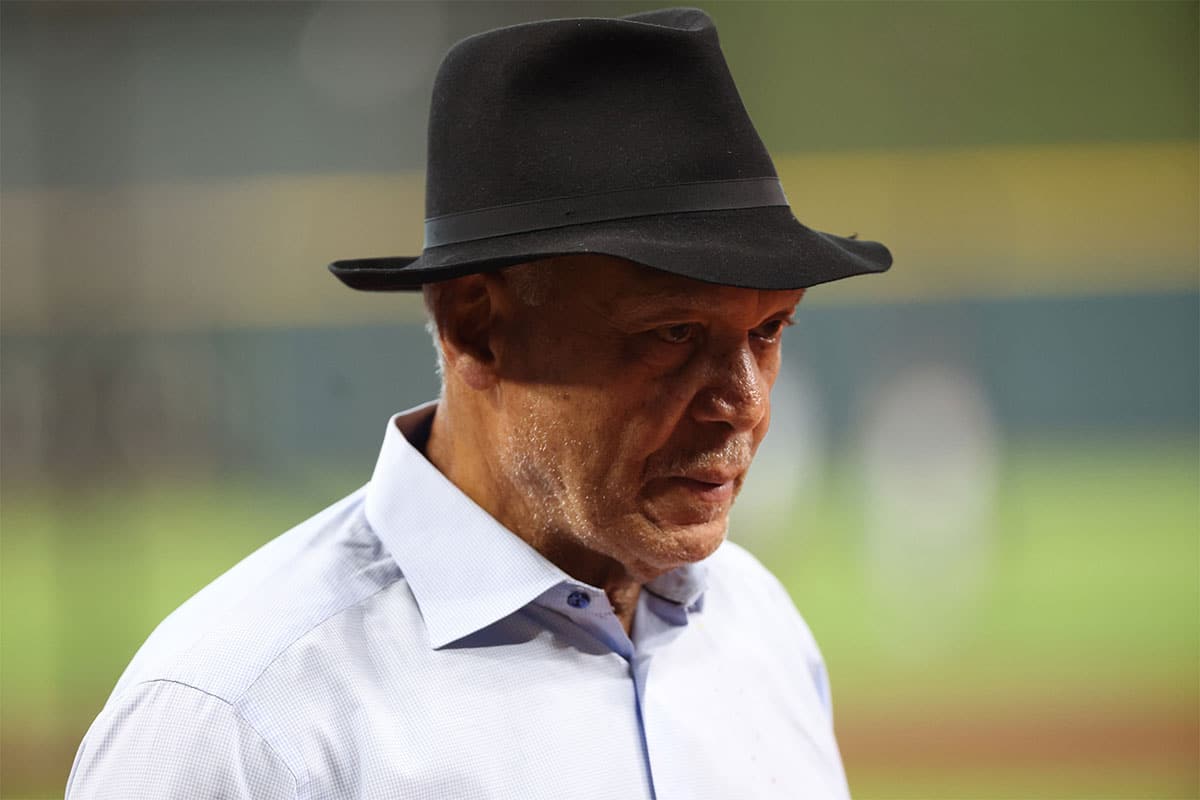
While some may get the impression that going through massive hurdles like racism can make someone stronger, it should not be perceived as there is a silver lining to the issue. There is no doubt that Jackson echoed the same sentiments when speaking about what he went through during the Jim Crow era in Alabama.
“To go through that, and think it makes you a better person?” Jackson said via Nightengale. “(Expletive) you!”
Jackson apparently was not a guest for the MLB or a paid guest from Fox Sports as he was there to “pay respects” to the Negro Leagues and also to honor the life of baseball legend Willie Mays who just passed away on June 14. Mays was in the Negro Leagues before joining the MLB in 1951 as he no doubt experienced the prejudice during that time.
“Coming back here is not easy,” Jackson said to Alex Rodriguez on the broadcast. “The racism when I played here, the difficulty of going through different places where we traveled, fortunately I had a manager and players on the team that helped me get through it. But I wouldn’t wish it on anybody.’’
“I’ve talked about this plenty of times,’’ Jackson said. “But it was always in print, just newspapers and magazines.”
“Coming back here is not easy.” Reggie Jackson shares his emotions of visiting Rickwood Field.
Jackson talks about the experiences he had with racism
While the 78-year old would talk about his horrible experience in Alabama, he would also thank people in his life during that time that stood by his side. One of those people was manager John McNamara who was a part of many ball clubs during his time.
“I walked into restaurants,” Jackson said. “And they would point at me and say ‘The (N-word) can’t eat here.’ I would go to a hotel and they would say ‘The (N-word) can’t stay here.’ We want to Charlie Finley’s country club for a welcome home dinner, and they pointed me out with the N-word, ‘he can’t come in here.’ Finley marched the whole team out. Finally, they let me in. He had said ‘We’re gonna go to a diner and eat hamburgers; we’ll go where we’re wanted.'”
“Fortunately, I had a manager in Johnny McNamara,” Jackson continued. “That if I couldn’t eat in the place, nobody would eat and we’d get food to travel. If I couldn’t stay in a hotel, they’d drive to the next hotel and find a place where I could stay.”
Besides his former manager, there were also teammates that he had that were White that also helped Jackson like Joe Rudi, Dave Duncan and Rollie Fingers as stated by Nightengale. Jackson would talk about Rudi specifically as he mentioned he would have to stay at is house where he was even threatened there, saying he “wouldn't wish it on anyone.”
“I slept on their couch (Rudi and his wife) four nights a week for about a month and a half,” Jackson said. “Finally, they were threatened that they’d burn the apartment complex down unless I got out. I wouldn’t wish it on anyone.”
Jackson talks about the reaction from the MLB showcase in Alabama
As the MLB honored the legacy of the Negro Leagues, Jackson was surprised in how “much attention it has gotten” where he also “didn't get one negative response.” He would also be shocked by the authenticity of the Fox Sports broadcast in asking Jackson about his time experiencing racism in baseball.
“I really didn’t think it would get as much attention as it has gotten,’’ Jackson told USA TODAY Sports after the game. “But as much response as it generated, I didn’t get one negative response. Not one.”
“I didn’t know Alex [Rodriguez] would ask me that question, but I’m glad they gave me a chance to respond,” Jackson continued. “I’m glad people listened.”
Jackson is known for playing with such teams as the Oakland Athletics and the New York Yankees, but before he reached those teams, he was playing in the deep South.
“In the South,” Jackson said, “you knew they didn’t like you. You knew they didn't want you. They didn’t hide it.”
While Jim Crow laws were abolished and the color barrier was broken, racism still exists in the world of sports and obviously in the country in general. As Nightengale mentioned, “there are only two Black managers in baseball, one Black general manager and there still has never been a majority Black owner.”
